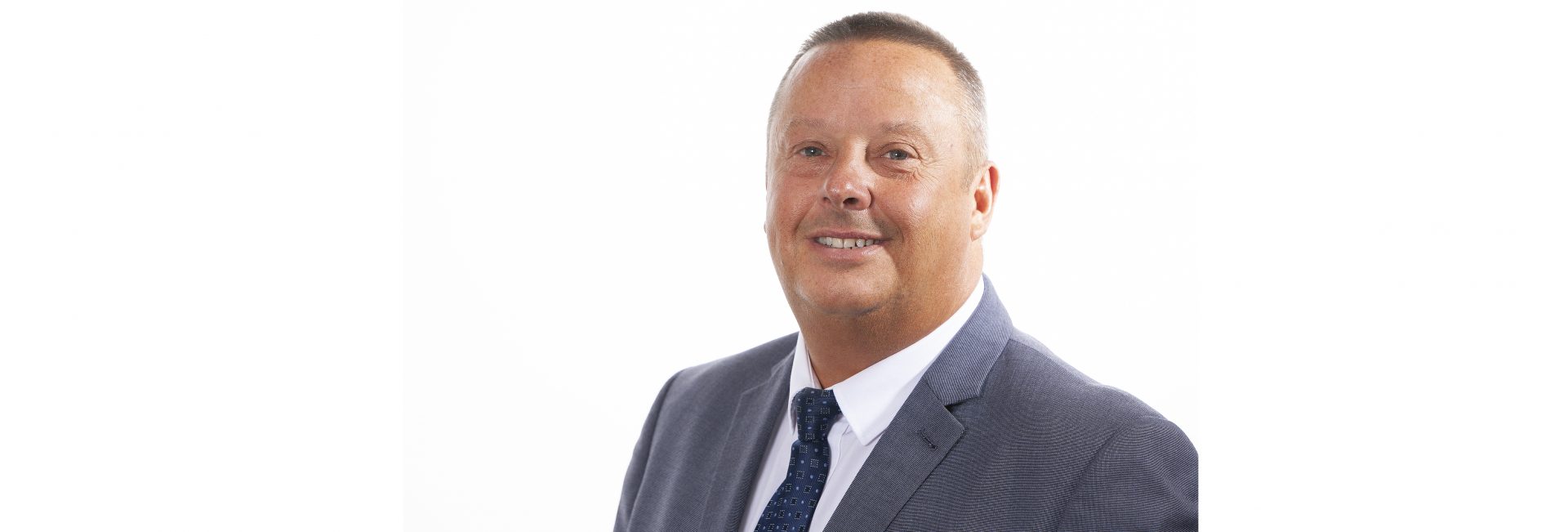A culture change is vital if we want to stop construction’s deadliest problem
Every day we are dedicated to making sure colleagues are protected against the traditional physical hazards around us. We are comfortable on projects managing dangerous equipment, trips and slips or falling objects. However, there is a much more subtle threat we must all honestly face – the poor mental health of many working within our sector.
The construction industry has the highest suicide rate of any in the UK. Current statistics show that more than one worker takes their own life every single day – more than three times the daily average for men, which is already startling high.
This is just not right, and we need to do something about it!
To do this we must start with fundamentally changing our culture and attitudes to mental health. There needs to be a shift from the macho, ‘tough guy’ attitude we’ve seen prevail in the past, to one of empathy, transparency and support, where everyone feels comfortable to be themselves in the workplace and we can offer opportunities to talk and listen openly about any struggles we may be going through, to support and take that precious time to help.
COVID-19 has also brought new challenges, the need for change has become more urgent than ever. Whether working from home, on site, or furloughed, everyone’s experience of lockdown has been unique with people experiencing different emotions and challenges. It is all our responsibility to support each other back to work.
A shared responsibility
While we have invested in a growing number of Mental Health First Aiders, it’s your everyday relationships with your colleagues, friends and family that may allow you to be the first to be aware of any changes, so you can support your colleagues. It is everyone’s responsibility to look out for one another, and I would ask you after reading this blog to just take some time out for yourself and others around you.
In our industry, it can often feel alien to talk regularly about our emotions. However, let’s just start by asking more about how people are, how are things going at work or home. From personal experience, sometimes to start, all it takes is a simple ‘Hello, are you okay?’ But, also ‘mean it’ to really make a difference, and it’s far better to ask now, rather than wonder later if there’s more you could have done to help.
As we build relationships and confidence, we are more likely to notice changes in appearance or behaviour and letting them know you’re there if they need a chat or help is essential. As soon as someone feels like they are alone in their problems, it’s easy to see how this sense of hopelessness can spiral into the worst-case scenario of suicide. We all know life is naturally full of peaks and troughs, and our resilience to these changes over time – admitting this is not weakness and sharing experiences with others can help them feel less alone.
In an industry that prides itself on the camaraderie between teams, we need to fix this fatal flaw in our current communications and become more comfortable talking about everything – not just superficial banter. Only then can we make true progress in vastly reducing the number of suicides happening in our industry and create a healthier and more supported workforce.
SES Engineering Services supports World Suicide Prevention Day on Thursday 10 September 2020.
SES Engineering Services encourages colleagues to help create ‘suicide safer communities’, where they can talk openly and less secretively about suicide.

